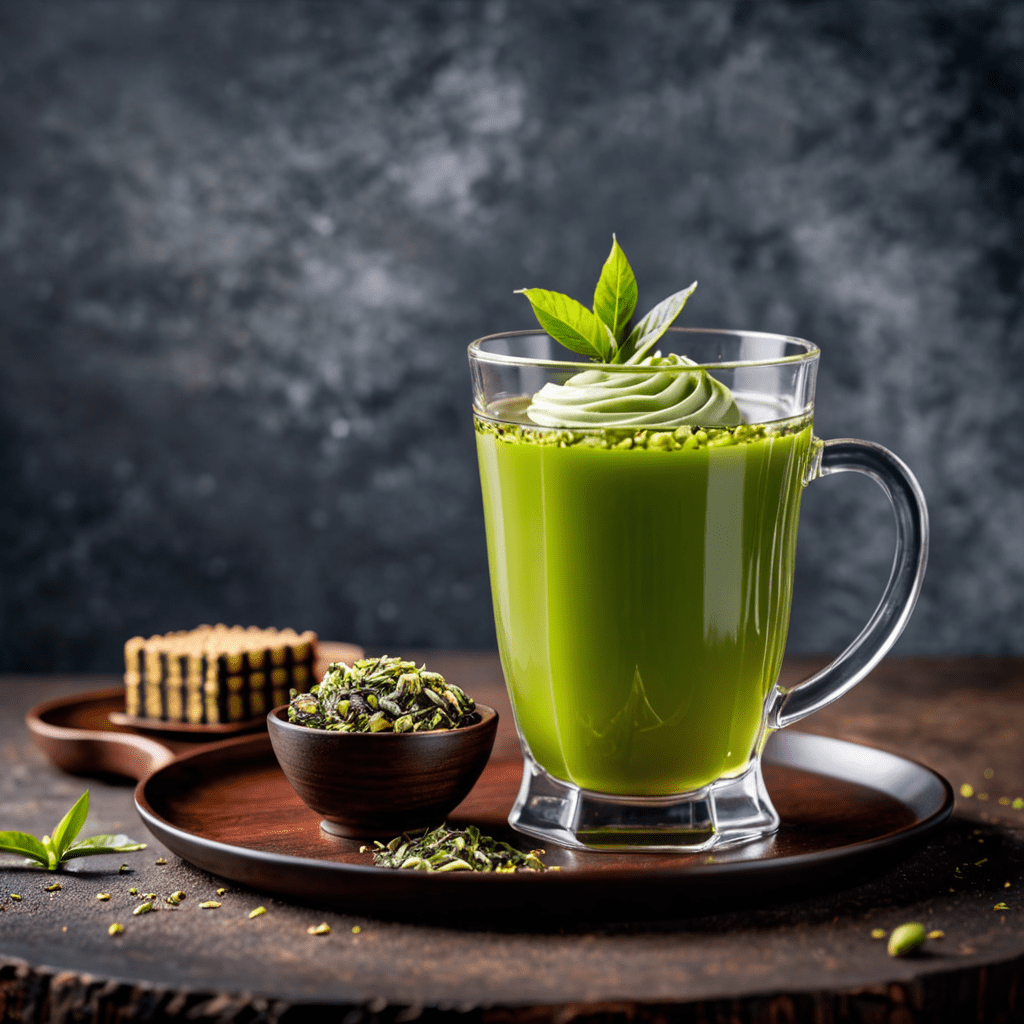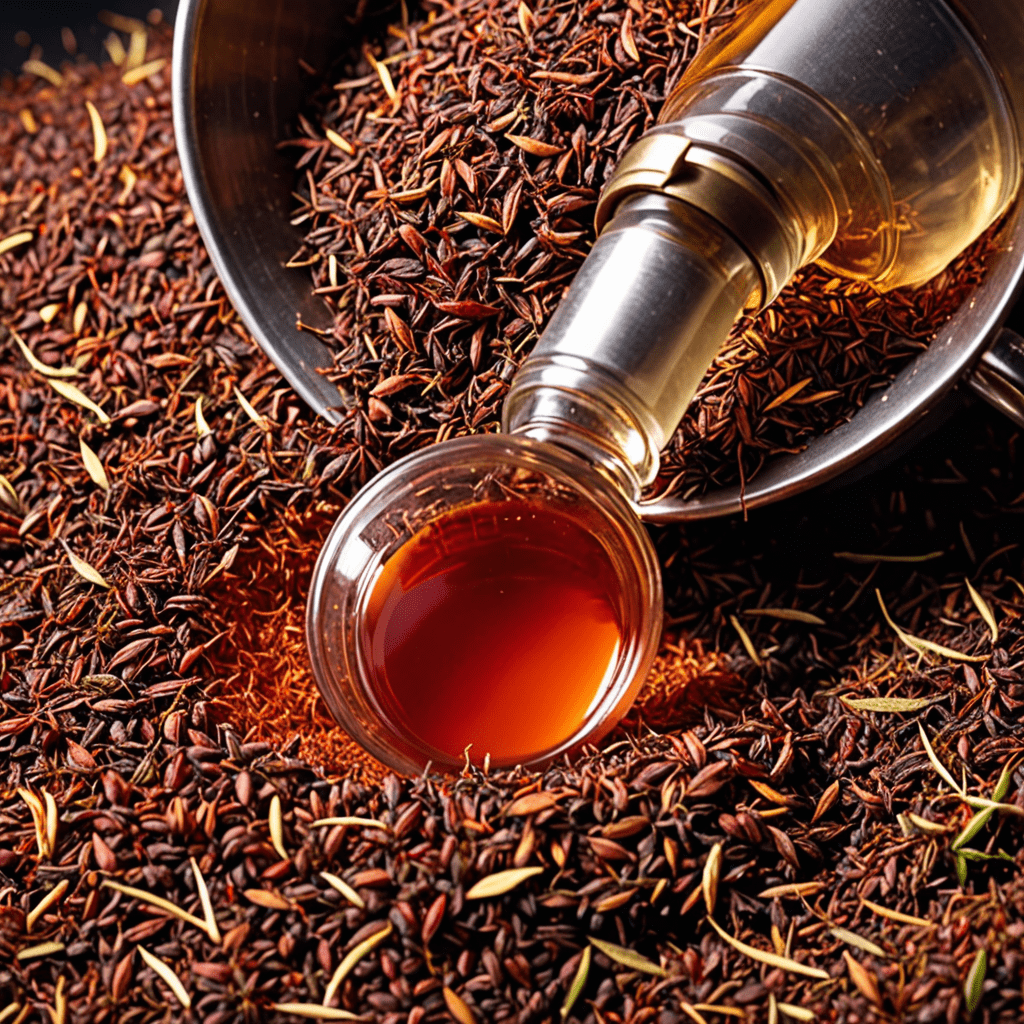Tea and Traditional Medicine: Herbal Remedies in Indian Tea Culture
1. Introduction
India boasts a rich tapestry of traditions, and among its most cherished customs lies the ancient art of herbal medicine. For centuries, Indians have harnessed the healing power of plants, weaving them into their daily lives through various practices, including the deeply ingrained tradition of tea consumption. In India, tea is not merely a beverage; it's a cultural cornerstone, a comforting ritual, and a vessel for wellness. Let's delve into the fascinating world of Indian tea culture and explore its profound connection with traditional medicine.
2. Ayurvedic Medicine and Tea
Ayurveda, an ancient Indian system of medicine, offers a holistic approach to health and well-being. It emphasizes the delicate balance between mind, body, and spirit, aiming to restore harmony through various practices, including a strong focus on herbal remedies. Ayurvedic practitioners utilize an array of herbs and spices, each possessing unique properties to address specific ailments and promote overall well-being. This philosophy resonates deeply with the Indian tea tradition, where herbs and spices are often infused into tea blends, creating potent elixirs for healing and rejuvenation.
3. Common Herbal Teas in India
India's vibrant landscape yields a treasure trove of medicinal plants, each with its distinct therapeutic benefits. Let's explore some of the most popular herbal teas cherished in Indian households:
- Tulsi (Holy Basil): Revered as a sacred herb, Tulsi tea is renowned for its stress-relieving and immunity-boosting properties.
- Ginger: Ginger tea acts as a natural digestive aid and possesses potent anti-inflammatory qualities.
- Cardamom: This aromatic spice adds a refreshing twist to tea while aiding digestion and freshening breath.
- Chamomile: Known for its calming effects, chamomile tea promotes relaxation and acts as a gentle sleep aid.
- Ashwagandha: This powerful herb helps reduce anxiety and enhances cognitive function.
- Turmeric: Celebrated for its anti-inflammatory and antioxidant properties, turmeric adds a golden hue and numerous health benefits to tea.
- Neem: Used traditionally for skin health and detoxification, Neem tea holds a significant place in Indian herbal remedies.
4. Specific Health Benefits of Herbal Teas
Each of these herbal teas offers a unique spectrum of health benefits:
- Tulsi: Tulsi tea is known to reduce stress, boost immunity, and alleviate respiratory ailments.
- Ginger: Ginger tea aids digestion, combats nausea, and possesses anti-inflammatory properties.
- Cardamom: Cardamom tea improves digestion, freshens breath, and offers warmth to the body.
- Chamomile: Chamomile tea promotes relaxation, reduces anxiety, and acts as a natural sleep aid.
- Ashwagandha: Ashwagandha tea reduces anxiety, improves cognitive function, and helps regulate sleep patterns.
- Turmeric: Turmeric tea possesses strong anti-inflammatory and antioxidant properties, supporting overall health and well-being.
- Neem: Neem tea is traditionally used for skin conditions, detoxification, and boosting immunity.
5. Traditional Uses of Herbal Teas in India
Beyond their medicinal uses, herbal teas hold deep cultural significance in India:
- Home Remedies: Herbal teas serve as a first line of defense against common ailments, passed down through generations as trusted home remedies.
- Religious Ceremonies: Teas infused with specific herbs play an integral role in various religious ceremonies and rituals, symbolizing purity and offering blessings.
- Social Gatherings: Sharing a cup of herbal tea fosters a sense of community and warmth, strengthening social bonds and fostering hospitality.
6. Modern Research on Herbal Teas
While traditional wisdom has long extolled the virtues of herbal teas, modern scientific research is increasingly validating these claims. Numerous studies have investigated the health benefits of the herbs discussed above, providing compelling evidence for their efficacy in various conditions. For instance, research suggests that Tulsi can effectively reduce stress levels, while ginger exhibits potent anti-inflammatory properties. Additionally, studies support the use of chamomile for promoting relaxation and improving sleep quality. Ashwagandha has shown promise in reducing anxiety and enhancing cognitive function, while turmeric's anti-inflammatory and antioxidant properties have been extensively researched. Neem has also been studied for its potential benefits in skin health and detoxification.
However, it's crucial to note that research on herbal teas is ongoing, and more studies are needed to fully understand their long-term effects and potential interactions with medications. It's always advisable to consult with a healthcare professional before incorporating herbal teas into your routine, especially if you have any underlying health conditions or are taking medications.
7. The Future of Herbal Teas in India
The global market for herbal teas is experiencing exponential growth, driven by increasing awareness of their health benefits and a growing preference for natural wellness solutions. This trend is particularly evident in India, where the rich tradition of herbal medicine is merging with modern scientific advancements. Indian tea companies are innovating and introducing novel tea blends that incorporate various herbs and spices, offering consumers a wider range of choices to suit their specific health needs and preferences. Moreover, the growing popularity of online platforms and health food stores dedicated to herbal teas is making these natural remedies more accessible to a wider audience.
8. Conclusion
Indian tea culture, deeply intertwined with the ancient wisdom of herbal medicine, offers a treasure trove of natural remedies for various health concerns. From the calming effects of chamomile to the immune-boosting properties of Tulsi, each cup of herbal tea carries the legacy of tradition and the promise of well-being. As scientific research continues to unravel the secrets of these herbal wonders, the future of Indian herbal teas appears bright, poised to bring the goodness of nature to a global audience seeking holistic wellness solutions.
9. FAQs
What is the best time to drink herbal tea?
The best time to drink herbal tea depends on the individual tea and its intended purpose. Some teas, like chamomile or lavender, are best enjoyed before bedtime to promote relaxation and sleep. Others, like ginger or turmeric, can be consumed in the morning to aid digestion and boost energy levels. Experiment with different teas and timings to find what works best for you.
Are herbal teas safe for everyone?
While generally safe for most individuals, some herbal teas may interact with medications or have specific contraindications. Pregnant or breastfeeding women, individuals with underlying health conditions, and those taking medications should consult with a healthcare professional before consuming herbal teas.
How much herbal tea should I drink daily?
The recommended daily intake of herbal tea varies depending on the individual and the specific tea. It's generally advisable to start with one or two cups per day and gradually adjust the amount based on your needs and preferences. Remember to listen to your body and avoid overconsumption.


